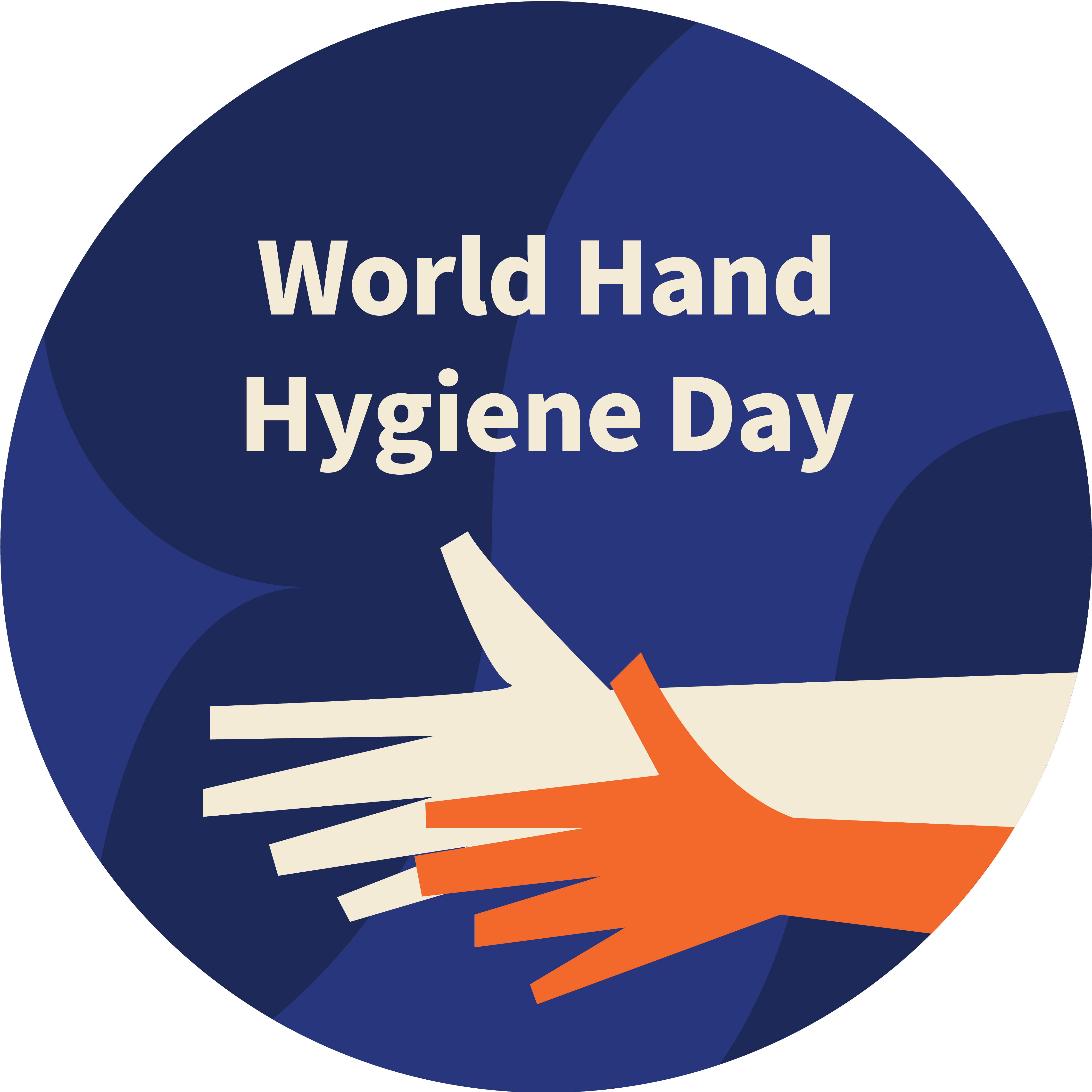COVID-19 seroprevalence in primary and secondary healthcare workers (HCWs)
DOI:
https://doi.org/10.3396/ijic.v17.21784Keywords:
healthcare workers, infection control, seroprevalence, COVID-19, IrelandAbstract
Professional anxiety existed early in the coronavirus disease 2019 (COVID-19) pandemic with challenging infection prevention and control support. The aims of this study were to compare epidemiological features of healthcare workers (HCWs) within primary and secondary care with their serological evidence of infection.
A prospective observational cohort of 1,916 HCWs completed a questionnaire, and their sera were assayed for detectable antibody to severe acute respiratory syndrome coronavirus 2 (SARS-CoV-2) nucleoprotein in the first wave of the pandemic. Datasets were compared between the two sub-cohorts in primary and secondary care and between the combined seropositive and seronegative cohorts.
Curiosity of antibody status was high. Detectable antibody was 7% in the primary care and 5% in the secondary care workers at a time of 1.7% in the general community. Inappropriate personal protective equipment (PPE) was more common in primary care, and detectable antibody was twice as prevalent in HCWs who felt they did not have appropriate PPE. Contact tracing was perceived to be inadequate although it was more commonly performed in the seropositive cohort suggesting appropriate prioritisation. Both temperature and symptom checking alerts and work exclusion were significantly more prevalent in the seropositive cohort.
The seroprevalence data support increased risk for HCWs, the importance of appropriate PPE and the usefulness of the daily temperature and symptom checks, particularly in primary care.
Downloads
References
1. World Health Organization. Naming the coronavirus disease (COVID-19) and the virus that causes it. February 2020. Available from: https://www.who.int/emergencies/diseases/novel-coronavirus-2019/technical-guidance/naming-the-coronavirus-disease-(covid-2019)-and-the-virus-that-causes-it [cited 5 May 2021].
2. World Health Organization. COVID-19: occupational health and safety for health workers Interim guidance 2. February 2021. Available from: https://www.who.int/publications/i/item/WHO-2019-nCoV-HCW_advice-2021.1 [cited 5 May 2021].
3. Government of Ireland. Ireland’s COVID19 Data Hub. Available from: https://www.hpsc.ie/a-z/respiratory/coronavirus/novel-coronavirus/surveillance/covid-19casesinhealthcareworkers/COVID-19_HCW_weekly_report_27%2002%202021_v1.0.pdf [5 May 2021.]
4. Health Service Executive Ireland, Health Protection Surveillance Centre, University College Dublin. Preliminary report of the results of the Study to Investigate COVID-19 Infection in People Living in Ireland (SCOPI): a national seroprevalence study, June–July 2020. Available from: https://www.hpsc.ie/az/respiratory/coronavirus/novelcoronavirus/scopi.pdf [cited 30 August 2021].
5. Shields A, Faustini SE, Perez-Toledo M, Jossi S, Aldera E, Allen JD, et al. SARS-CoV-2 seroprevalence and asymptomatic viral carriage in healthcare workers: a cross-sectional study. Thorax 2020; 75: 1089–94. doi: 10.1136/thoraxjnl-2020-215414
6. Allen N, Ni-Riain U, Conlon N, Ferenczi A, Martin AIC, Domegan L, et al. Prevalence of Antibodies to SARS-CoV-2 in Irish Healthcare Workers. Available from: https://www.hpsc.ie/a-z/respiratory/coronavirus/novelcoronavirus/research/precise.pdf [cited 5 May 2021].
7. Mulchandani R, Taylor-Phillips S, Jones H, Ades T, Borrow R, Linley E, et al. Self assessment overestimates historical COVID-19 disease relative to sensitive serological assays: cross sectional study in UK key workers. Thorax 2020; 75. doi: 10.1101/2020.08.19.20178186 [cited 5 May 2021].
8. Ibarrondo FJ, Fulcher JA, Goodman-Meza D, Elliott J, Hofman C, Hausner MA, et al. Rapid Decay of Anti–SARS-CoV-2 Antibodies in Persons with Mild Covid-19. New England Journal of Medicine 2020; 383(11). Available from: https://www.nejm.org/doi/pdf/10.1056/NEJMc2025179?articleTools=true [cited 5 May 2021].
9. Hall V, Foulkes S, Charlett A, Atti A, Monk EJM, Simmons R, et al. SARS-CoV-2 infection rates of antibody-positive compared with antibody-negative health-care workers in England: a large, multicentre, prospective cohort study (SIREN). Lancet 2021;397(10283): 1459–1469. doi: 10.1016/S0140-6736(21)00675-9
10. Jain U. Risk of COVID-19 due to Shortage of Personal Protective Equipment. Cureus 2020; 12(6): e8837. doi: 10.7759/cureus.8837
11. Cheng H-Y, Cohen T, Lin H-H. Test trace and isolate in the UK. British Medical Journal. 2021; 372.n822. doi: 10.1136/bmj.n822
12. Menni C, Valdes AM, Freidin MB, Sudre CH, Nguyen LH, Drew DA. Real-time tracking of self-reported symptoms to predict potential COVID-19. Nature Medicine 2020; 26; 1037–1040. Available from: https://www.nature.com/articles/s41591-020-0916-2.pdf [cited 5 May 2021].
13. Public Health England. Evaluation of Roche Elecsys AntiSARS-CoV-2 serology assay for the detection of anti-SARS-CoV-2 antibodies. June 2020. Available from: https://assets.publishing.service.gov.uk/government/uploads/system/uploads/attachment_data/file/891598.FINAL.pdf [cited 5 February 2021]
14. Public Health Agency Northern Ireland, UK DHSC. COVID-19 antibody testing study: primary care and social care. Available from: https://www.publichealth.hscni.net/covid-19-coronavirus/guidance-hsc-staff-healthcare-workers-and-care-providers/covid-19-antibody) [cited 5 February 2021]
15. Sanghera J, Pattani N, Hashmi Y, Varley KF, Cheruvu MS, Bradley A, et al. The impact of SARS-CoV-2 on the mental health of healthcare workers in a hospital setting - A Systematic Review. Journal of Occupational Medicine 2020; 62(1). doi: 10.1002/1348-9585.12175
16. Zhang M, Zhou M, Tang F, Wang Y, Nie H, Zhang L, et al. Knowledge, attitude, and practice regarding COVID-19 among healthcare workers in Henan, China. Journal of Hospital infection 2020; 105: 183–7. doi: 10.1016/j.jhin.2020.04.012
17. Choi JS, Kim KM. Infection-control knowledge, attitude, practice, and risk perception of occupational exposure to Zika virus among nursing students in Korea: a cross-sectional survey. J Infect Publ Health 2018; 11(6): 840–4. doi: 10.1016/j.jiph.2018.07.002
18. Arneson H, Ekberg K. Evaluation of empowerment processes in a workplace health promotion intervention based on learning in Sweden. Health Promot Int 2005; 20: 351–9. doi: 10.1093/heapro/dai023
Published
How to Cite
Issue
Section
License
Authors retain copyright of their work, with first publication rights granted to IJIC. Read the full Copyright- and Licensing Statement.




